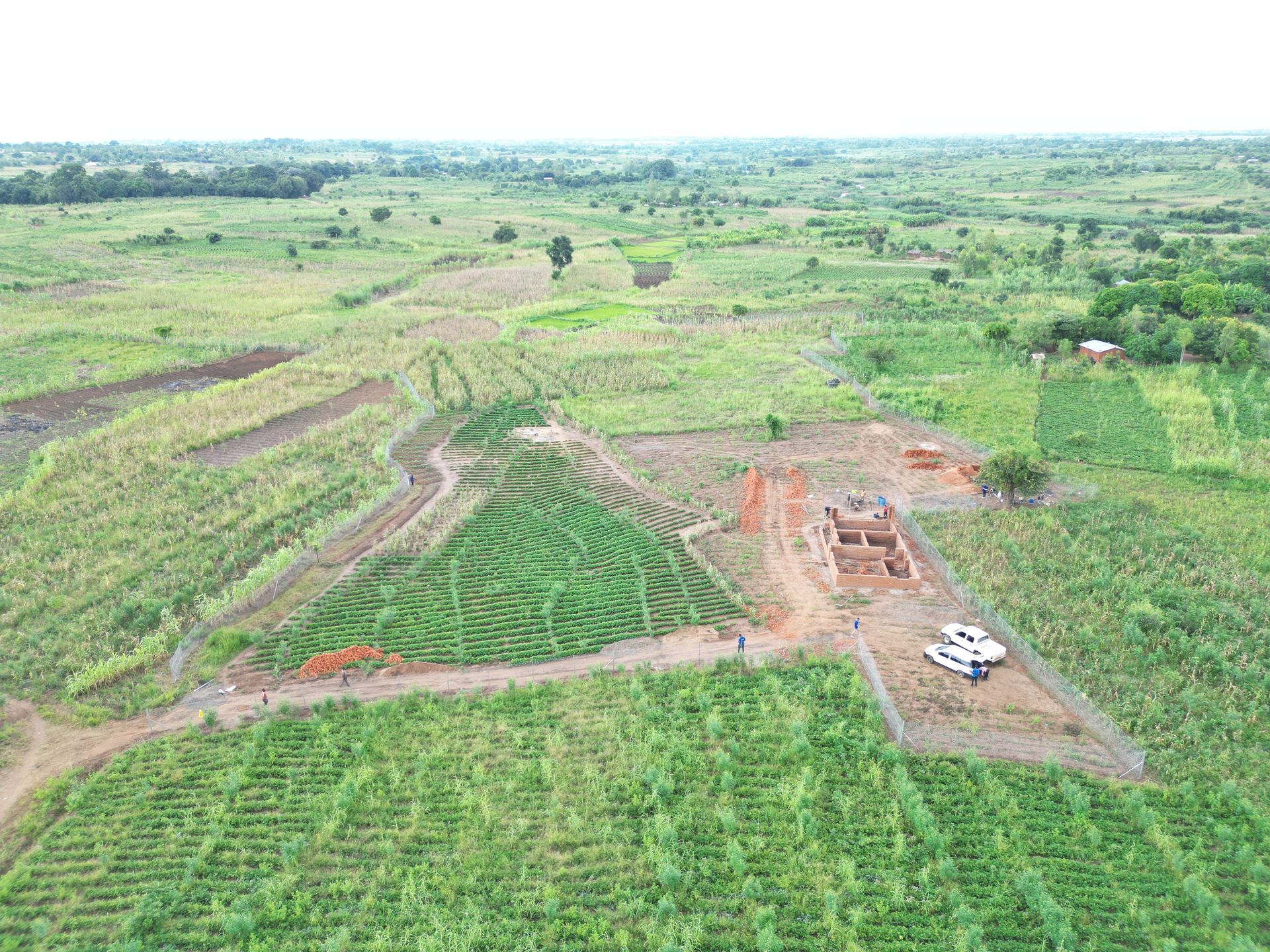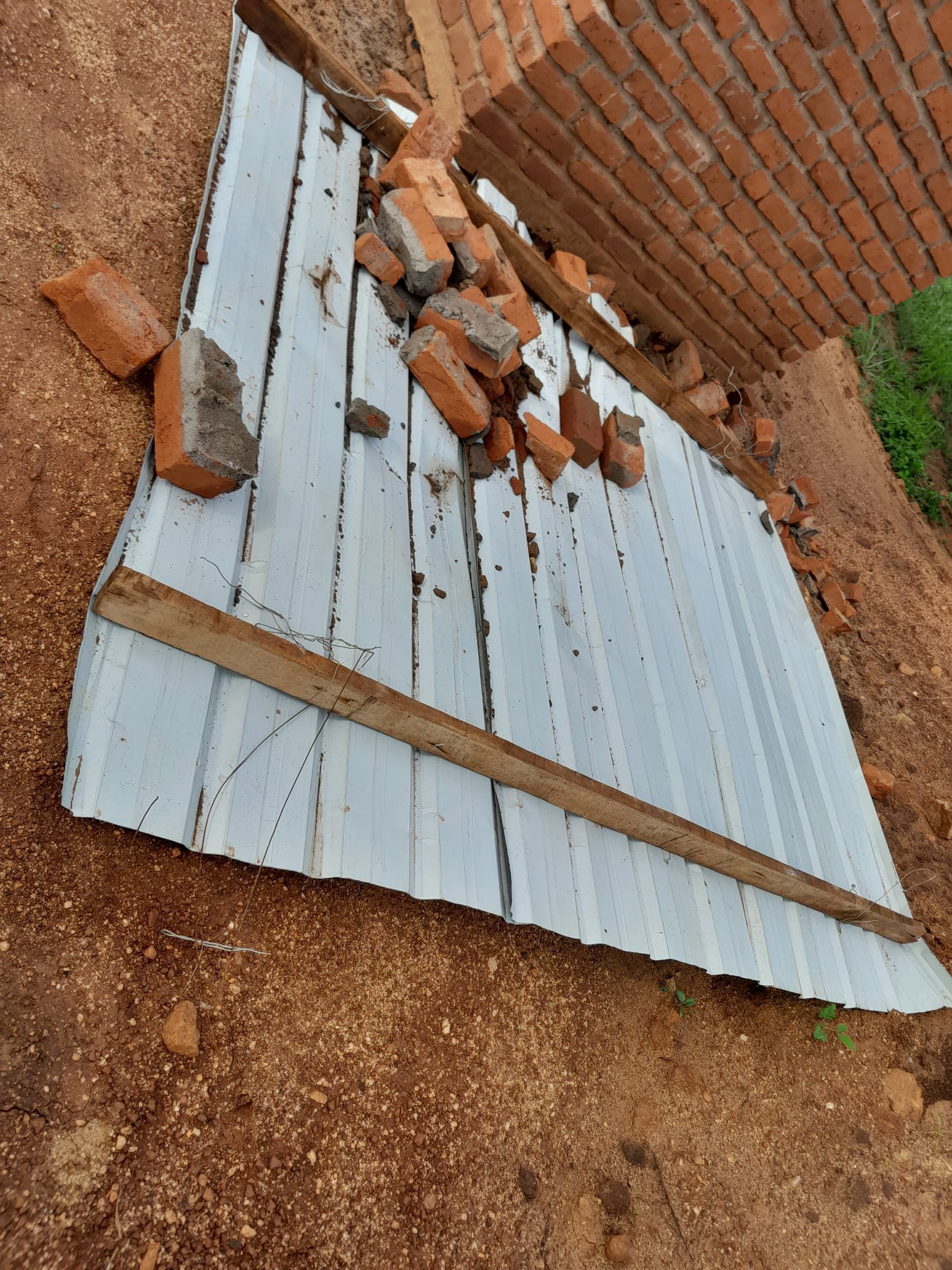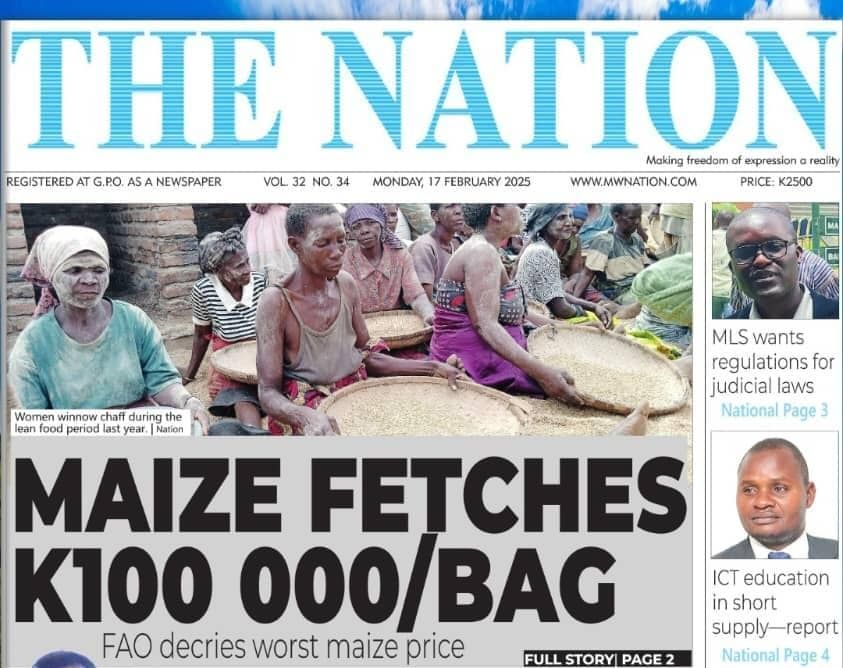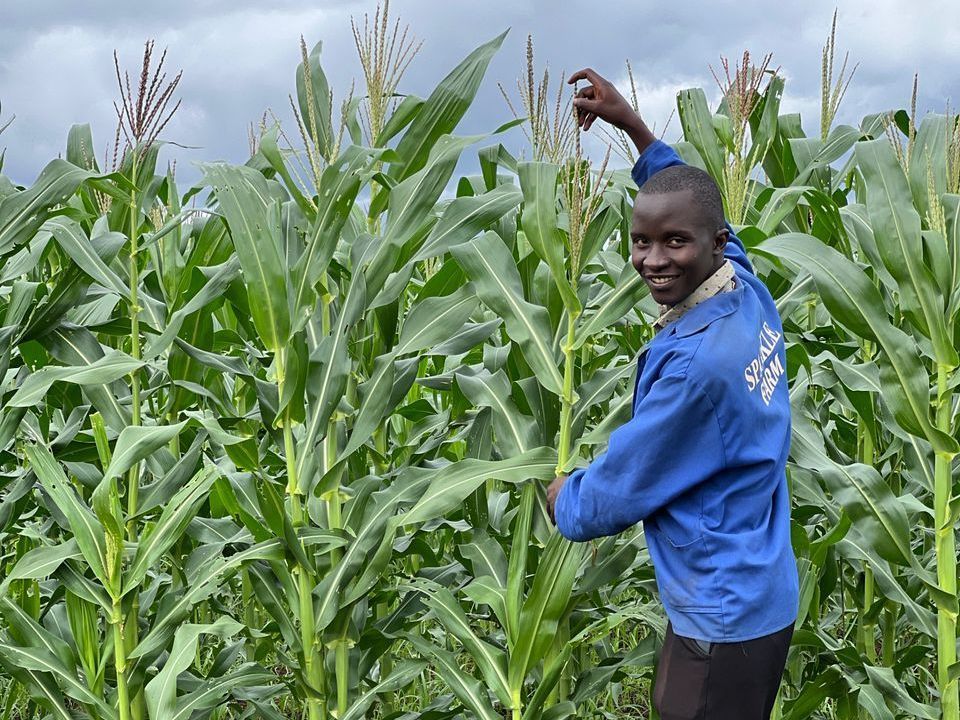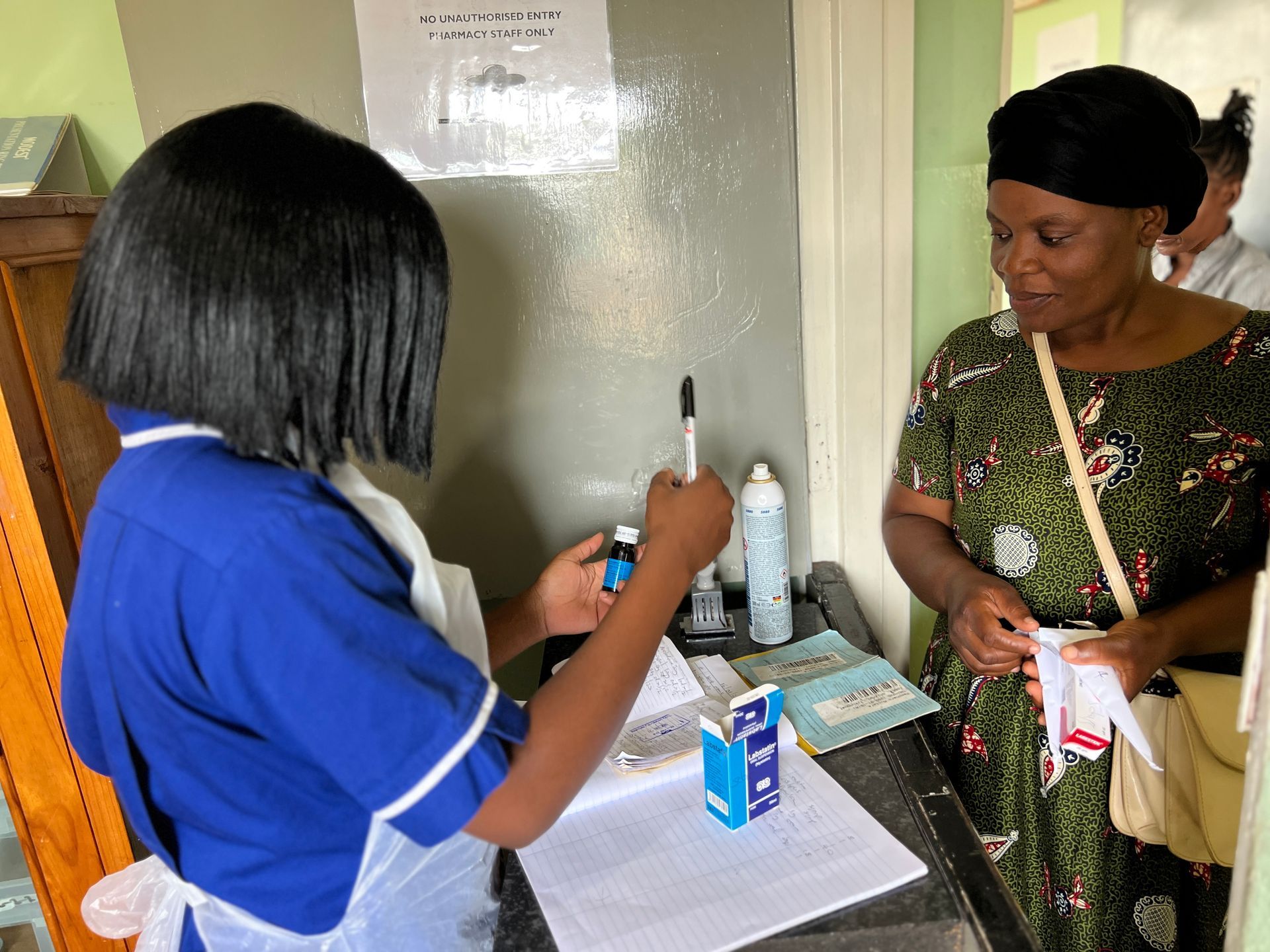Securing the Future: Why Sparkle Farm is More Important Than Ever
Is There Hope for Vulnerable Communities in Malawi?
It’s no secret that times are tough for many people around the world. As the global economy continues to face challenges, countries around the world are feeling the weight of inflation, supply chain disruptions, and rising costs. Here in Malawi, one of the most concerning issues has been the staggering increase in the price of maize, now reaching a record-breaking K100,000 per 50kg bag. This increase in food prices, driven by a combination of weather conditions, inflation, and a depreciating currency, has made it increasingly difficult for underserved and vulnerable communities to meet even their most basic needs.For most families, basic needs like food are becoming the only priority. The economic struggles that so many face mean that they have to spend every available resource just trying to put food on the table. Once basic survival is the focus, things like education and healthcare often take a backseat. And with food prices likely to continue rising, this isn’t just a short-term problem, it’s a growing crisis.
The consequences of this are dire. For many households, the rising cost of food means turning to cheaper, less nutritious options. This leads to a decline in nutrition, which can have long-term effects on children’s health and development. Vulnerable communities are now facing not just food insecurity, but also the potential for malnutrition to become an even bigger issue.
Why Sparkle Farm Is So Crucial Right Now
At a time like this, initiatives like Sparkle Farm are more important than ever. Sparkle Farm isn’t just about growing food, it’s about creating a solution that supports children, families, and entire communities. It’s about providing fresh, healthy food, offering jobs, and empowering local farmers with the skills and knowledge they need to build sustainable futures.
What makes this so special is that it’s not just about addressing immediate hunger; it’s about building long-term resilience. By focusing on sustainable farming practices, the farm will ensures that even when weather conditions are difficult, there’s a better chance of producing food that will nourish the children and community. The farm will serve as a place of learning, too, teaching local farmers how to improve their yields, conserve water, and manage their crops in a way that can help them weather these difficult times.
In a world where the cost of food continues to climb and job opportunities become more scarce, Sparkle Farm helps keep families from falling further into poverty. The farm not only provides them with fresh produce, but it also creates jobs, giving people a chance to support themselves and their loved ones. And with this, Sparkle Farm is fostering a sense of hope, offering more than just food, it’s offering a path to a better future.
A Community United for Change
Sparkle Farm is more than just a project, it’s a lifeline. As food prices continue to rise, and the challenges of inflation and climate change make it harder for communities to thrive, Sparkle Farm is a beacon of hope. It’s a project that will ensure children can access the nutrition they need to grow, learn, and lead healthy lives. It’s also a place where families can find work to earn an income and the opportunity to build a more secure future.
In these tough times, the need for nutrition initiatives and programs is clearer than ever. We must continue to support initiatives that help communities become self-sufficient and resilient. By doing so, we’re not just addressing the immediate need for food, we’re helping to create a future where families don’t have to choose between survival and dignity.
